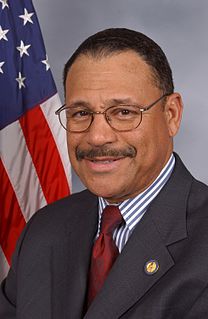A Quote by John Pomfret
I think that's the main threat in Bosnia and Rwanda and Zaire. There doesn't seem to be much willingness to engage these problems unless they directly affect national security interests.
Related Quotes
When you're a teenager, everything seems like the end of the world, and I don't think that's necessarily a silly thing. You're waking up and becoming aware that the world has problems and those problems affect you, whereas when you're young they don't seem to affect you that much even if you're aware of them.
I hope President [Hamid] Karzai understands that our national security interests don't depend entirely on his decision there whether to allow a recount. Obviously the legitimacy of that government is an important component of it. My point is it shouldn't be the lynch pin for us deciding whether we're going to protect our national security interests in that region.
We have a media that goes along with the government by parroting phrases intended to provoke a certain emotional response - for example, "national security." Everyone says "national security" to the point that we now must use the term "national security." But it is not national security that they're concerned with; it is state security. And that's a key distinction.
When you're a teenager, everything seems like the end of the world, and I don't think that's necessarily a silly thing. You're waking up and becoming aware that the world has problems and those problems affect you, whereas when you're young they don't seem to affect you that much even if you're aware of them. This dystopian trend picks up on that little part of your life where everything feels really extreme and it honors that part of your life and says, "Yeah. It is the end of the world. Look at it."































